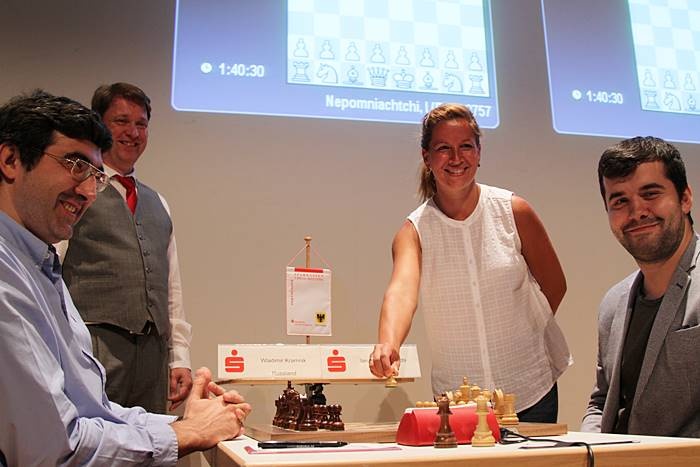No Russian collusion
On the same day the Russian teams for the Olympiad were announced, two members of the men's squad were paired against each other in Dortmund. Kramnik, who will once again represent his country on the first board, and Nepomniachthi, who will be on the third, arrived as co-leaders and had a unique chance to leap forward in the standings. The former World Champion had the black pieces.
Nepo played 1.e4 and Kramnik chose not to play the Berlin nor the Petroff — instead, he went for the Arkhangelsk variation of the Spanish. Apparently, this was a surprise for Nepo, as he started taking unusual long thinks from move seven. Kramnik, on the other hand, blitzed his fourteen first moves.
Ian did not falter, however, and managed to leave some of Black's pieces stranded by move 20:
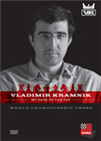 On this DVD Vladimir Kramnik retraces his career from talented schoolboy to World Champion in 2006. With humour and charm he describes his first successes, what it meant to be part of the Russian Gold Medal team at the Olympiad, and how he undertook the Herculean task of beating his former mentor and teacher Garry Kasparov.
On this DVD Vladimir Kramnik retraces his career from talented schoolboy to World Champion in 2006. With humour and charm he describes his first successes, what it meant to be part of the Russian Gold Medal team at the Olympiad, and how he undertook the Herculean task of beating his former mentor and teacher Garry Kasparov.
White has just defended his c5-pawn with the rook, immobilising Black's dark-squared bishop on a7. Kramnik was visibly worried, as he spent 25 minutes on his next move. A little later, he tried to take his bishop out through the b8-h2 diagonal, but by that time Nepomniachtchi already had a clear advantage. On move 33, Kramnik decided he could not keep going without opening the way for his bishop:
White simply played 34.d6 and it is clear that only a tragedy would take the win away from him. Already a pawn for the good, Nepo forced the exchange of queens and, shortly after the time control, Kramnik resigned.

The sole leader with two rounds to go, Ian Nepomniachtchi | Photo: Georgios Souleidis
So far, Nepomniachtchi has shown some strong chess, defending tenaciously against Kovalev, beating Nisipeanu in record time and taking down the favourite convincingly. Things certainly look good for the 28-year-old with only two rounds to go. Meanwhile, Kramnik keeps entertaining the chess fans — he pushed for a win in all five of his games!
IM Lawrence Trent took a deeper look into the key game of the day:
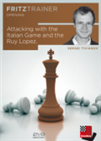 The purpose of this DVD is to teach players how to conduct the attack on the black king using different methods. Although the Italian Game and the Ruy Lopez are mostly positional openings, it is very often possible to make use of attacking methods of play
The purpose of this DVD is to teach players how to conduct the attack on the black king using different methods. Although the Italian Game and the Ruy Lopez are mostly positional openings, it is very often possible to make use of attacking methods of playVladislav Kovalev is proving that he has what it takes to play in this field. He arrived as a co-leader and kept things under control in his game against tail-ender Liviu-Dieter Nisipeanu. The queens were exchanged by move ten and eventually Kovalev, with White, won a pawn on the queenside. This was the position after move 35:
White has a three vs two pawn advantage, but with the rooks still on the board and Black's king in an active position, it was impossible for White to break through. We cannot blame Kovalev for a lack of trying, however, as he kept pushing until move 62.
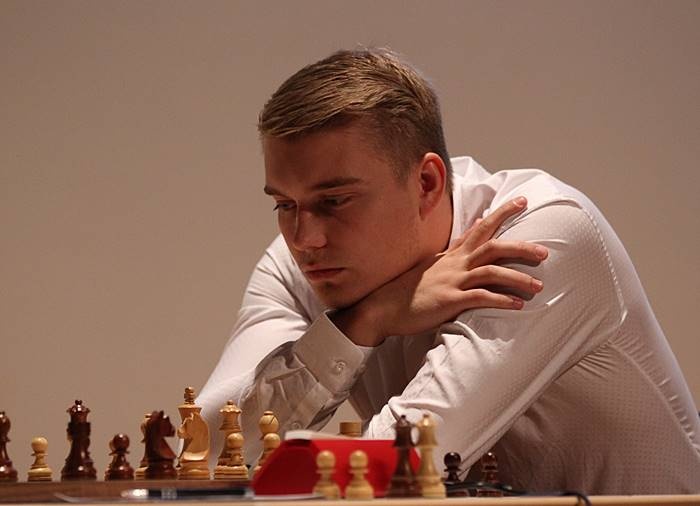
Vladislav Kovalev is still in the hunt | Photo: Georgios Souleidis
A game that looked much more fighting from the get-go was the one produced by Duda and Meier. The current Polish champion thrusted his g-pawn forward as early as move nine:
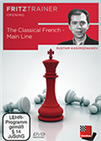 After 1.e4 e6 2.d4 d5 3. Nc3 Nf6 4. e5 Nfd7 5. f4 c5 6. Nf3 Nc6 7. Be3, the author takes a detailed look at a daring line with 7... cxd4 8. Nd4 Qb6, as well as the quieter plans with 7...cxd4 8. Nd4 Bc5, and the main line with 7... a6 and b5.
After 1.e4 e6 2.d4 d5 3. Nc3 Nf6 4. e5 Nfd7 5. f4 c5 6. Nf3 Nc6 7. Be3, the author takes a detailed look at a daring line with 7... cxd4 8. Nd4 Qb6, as well as the quieter plans with 7...cxd4 8. Nd4 Bc5, and the main line with 7... a6 and b5.
Nonetheless, Meier is used to defending slightly passive French positions, so he did not have too many difficulties warding off his opponent's initiative, especially after the queens were exchanged. The draw was agreed on move 33.
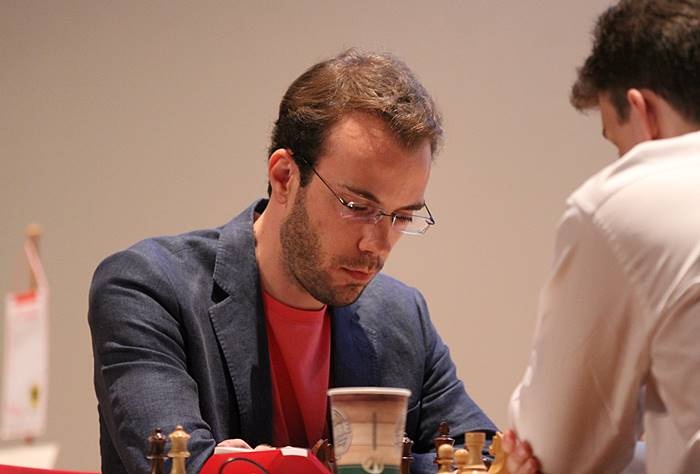
Georg Meier has drawn all his games so far | Photo: Georgios Souleidis
The two players that lost in round three, Anish Giri and Radoslaw Wojtaszek, faced each other on Friday. Giri played the English Opening and a highly strategical battle followed. White had the pair of bishops, but Black had a very solid structure and a strong knight in return. The players agreed to a draw in a rook endgame with three pawns per side.
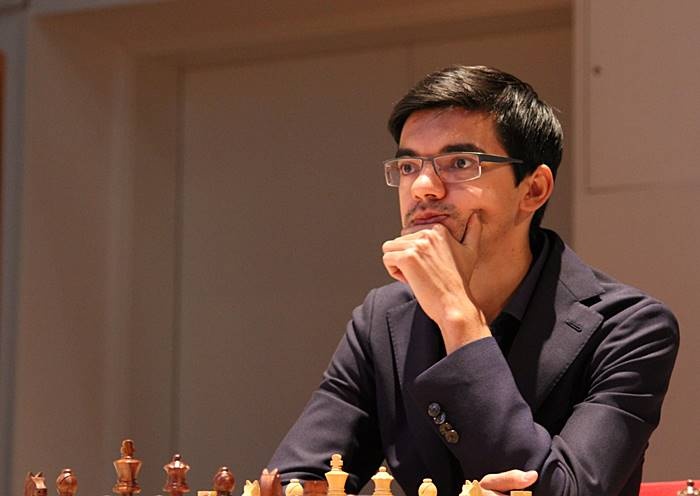
Anish Giri is one point behind the leader | Photo: Georgios Souleidis
Standings after Round 5
Games of Round 5
Links
